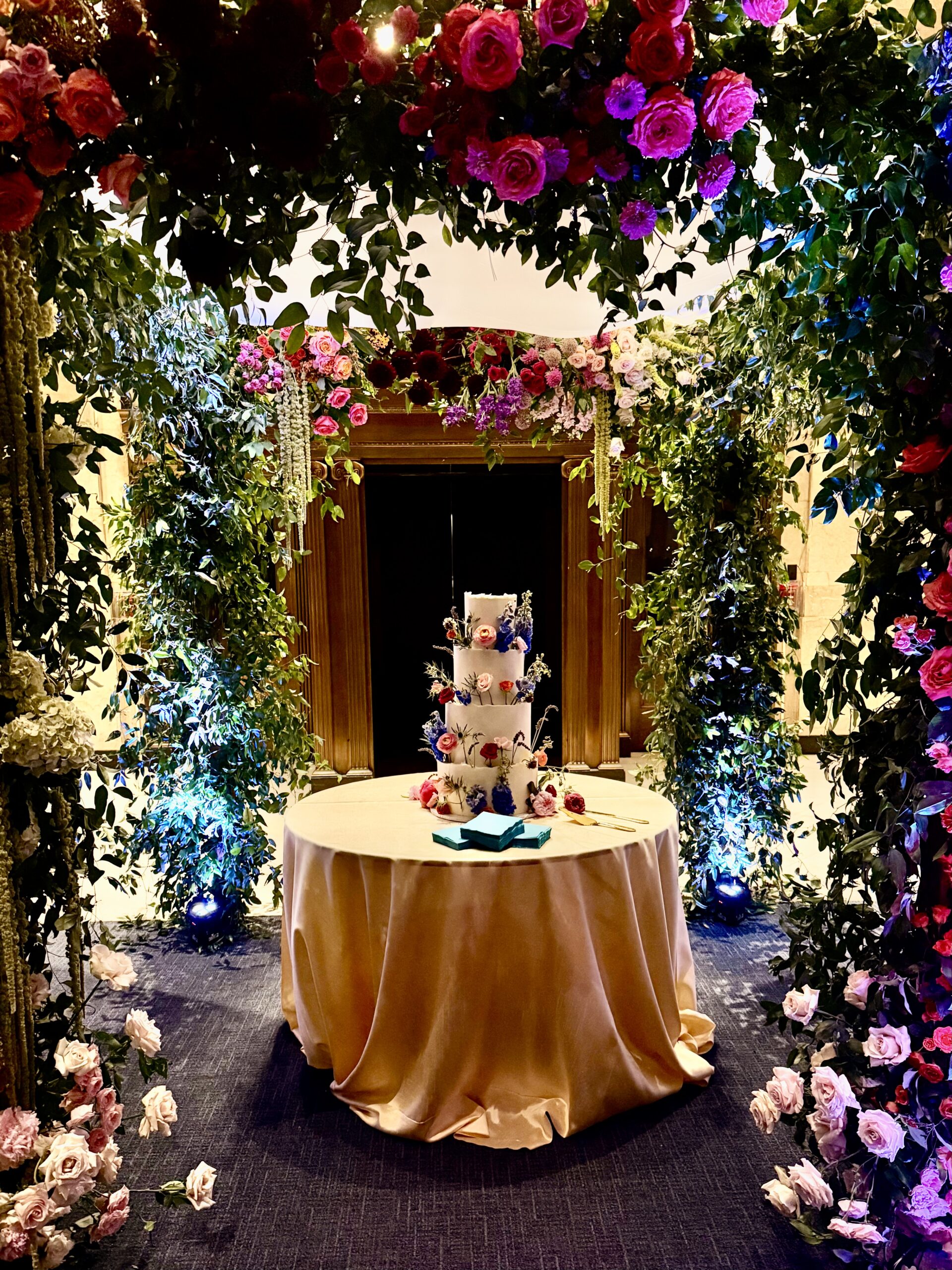A Chuppah Blessing
Last weekend, Linda and I were blessed to attend a beautiful Jewish wedding led by Rabbi Micah Greenstein. He translated and explained the Hebrew readings and songs, highlighting several delightful themes, including the underlying love in the room, the importance of humble service, and the hope of lives filled with shalom. One theme that stood out was that God partners in creation with people through marriage. Building on this theme, Rabbi Micah referenced the Midrash teaching:
“Neither man without woman nor woman without man, and neither of them without the Divine Spirit.”[1]
Exploring this idea, Rabbi Micah said marriage partners are co-creators with God as they create a new family, giving a relatable example of co-creation. I agree with his view that creation is a process that happens every moment in cooperation with God, producing new things and changing existing ones.
People commonly think of creation as a one-time event at the dawn of the earth and our universe. However, science, history, and our experience tell us that the universe constantly changes through an ongoing creation process. Looking back at the fossil record, we see species that appeared, disappeared, or changed over time. Human history shows how our species changes in many ways, including communication, technology, and socialization. Our personal experiences reveal continued physical, emotional, intellectual, spiritual, and relational change. The experience of 10,000 years ago was different than 1000 years ago, 40 years ago, and even one hour ago. All of these changes come from the creation process that continues every moment.
I join other open and relational thinkers who consider God a participant in continual creation. Every moment, God sees all the possibilities available to us and guides us toward choices that lead to overall well-being or flourishing. Ilia Delio says it this way:
From God’s side, the divine lure is to ever-increasing freedom, novelty, and relationship to make available opportunities to envision a world beyond the world presently actualized. Creation is not a solitary act but a social act between God and the world. The incarnation is entangled divinity and humanity co-creating and co-actualizing potential new life in every creature open to the fullness of life.[2]
God’s part in co-creation is to guide us toward possibilities that lead to overall flourishing. Our part in this process is to look for God’s guidance and consider the options seeking those that lead to overall well-being.
As Rabbi Micah pointed out, a long path of individual co-creation moments leads to a new marriage. Along this path, the couple asks themselves how their partnership could lead to a better “world beyond” for them, their families, their community, and the world. For many couples, having children is a consideration, leading to more ways to participate in co-creation as parents.
In parenting, co-creation takes on another dimension because there are more participants: God, the parents, and the child. Children respond to divine guidance differently as they pass through different developmental stages. Although all children can respond to this guidance, it is easier when there are parental examples, instruction, support, and praise. In this way, parents have a beautiful role as ambassadors of God’s guidance and love to their children.
Our attitude toward parenting can change if we consider parents’ momentary guidance as ongoing opportunities for participation with God and children in creation. Every time we help a child learn how to hold a spoon, wave, take a step, and say a new word, we are part of a new moment of creation. Whenever a mom or dad helps steady a bicycle or nervously hands over the keys to the car, they are helping create something new. When we model care and compassion for others and the world around us, we instill these values in the next generation, creating the possibility of a more loving future.
Rabbi Micah’s beautiful comments in his Chuppah blessing remind us that co-creation happens in relationships with others and God. Ultimately, the essence of co-creation is recognizing and embracing our roles as partners with the divine in every aspect of life. By following God’s loving guidance, we can create a world filled with beauty, love, and well-being, extending beyond marriage and parenting to all our relationships and endeavors.
[1] Genesis Rabbah 8.9 (Freedman, Midrash Rabbah, 1:61).
[2] Ilia Delio, The Not-Yet God: Carl Jung, Teilhard de Chardin, and the Relational Whole (Maryknoll, NY: Orbis Books, 2023), 77.
Photo: chris hanson
Note: I gain a deeper understanding and appreciation when examining something from a new perspective. Although my primary approach to God is Christian, I gain new insights from how other faith traditions view God. I thank Rabbi Micah for these insights and help with my almost-finished dissertation.





0 Comments